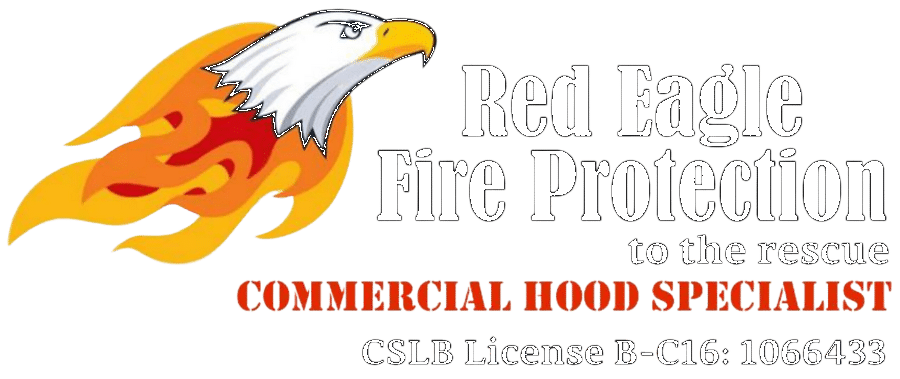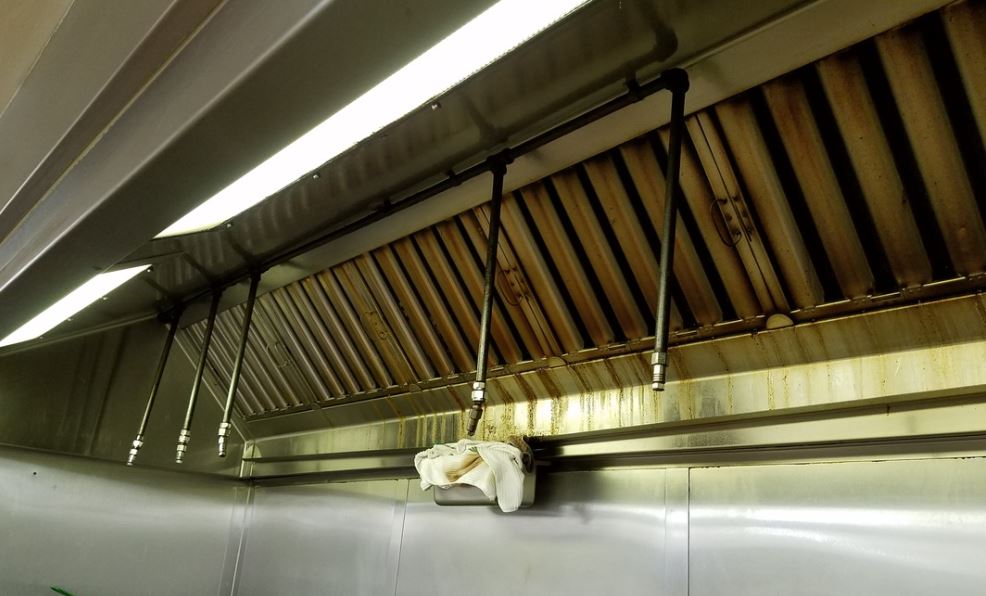Navigating the complex terrain of commercial hood cleaning regulations can be a daunting task for many restaurant and commercial kitchen operators. With a myriad of codes, stipulations, and local mandates at play, ensuring compliance is not merely a matter of routine maintenance—it is a strategic imperative.
This guide aims to demystify these regulations, offering a comprehensive, detailed understanding of the requirements and standards that govern this critical aspect of commercial kitchen operations. As you peruse, you’ll uncover the essential knowledge that can help safeguard your business from potential violations, costly fines, and even devastating kitchen fires.
Yet, the intricacies we’re about to unfold may surprise even the most seasoned professionals, sparking a new level of interest in this oft-overlooked facet of food service management.
Understanding Commercial Hood Cleaning
In the realm of commercial kitchen maintenance, comprehending the intricacies of commercial hood cleaning is of paramount importance for ensuring safety, efficiency, and regulatory compliance. This process involves thorough cleaning of the exhaust hood, filters, ducts, and fans of a commercial cooking system.
It’s not merely a hygienic practice, but a legal requirement governed by the National Fire Protection Association (NFPA). Accumulated grease and particulates can create a fire hazard, and regular cleaning reduces this risk significantly. Understanding the NFPA’s strict guidelines will ensure your establishment remains compliant and safe.
As part of the hospitality industry, we all share the responsibility of creating a safe and clean environment for our customers and staff.
Compliance With Hood Cleaning Regulations
Meeting the standards set forth by the NFPA for commercial hood cleaning involves a meticulous understanding of the associated regulations and a commitment to strict compliance. Compliance is not only a legal requirement but also a moral duty to ensure public safety.
To successfully comply, you should:
– Understand the NFPA 96 Standard, which outlines the minimum fire safety requirements.
– Keep a regular cleaning schedule according to the cooking volume and type.
– Hire professionals trained in NFPA standards for hood cleaning.
– Maintain thorough documentation of all cleaning services.
– Regularly inspect the system for potential fire hazards.
Embrace these regulations as a pathway to becoming a responsible and respected member of the food service industry. Your commitment to safety will foster trust and loyalty among your clientele.

